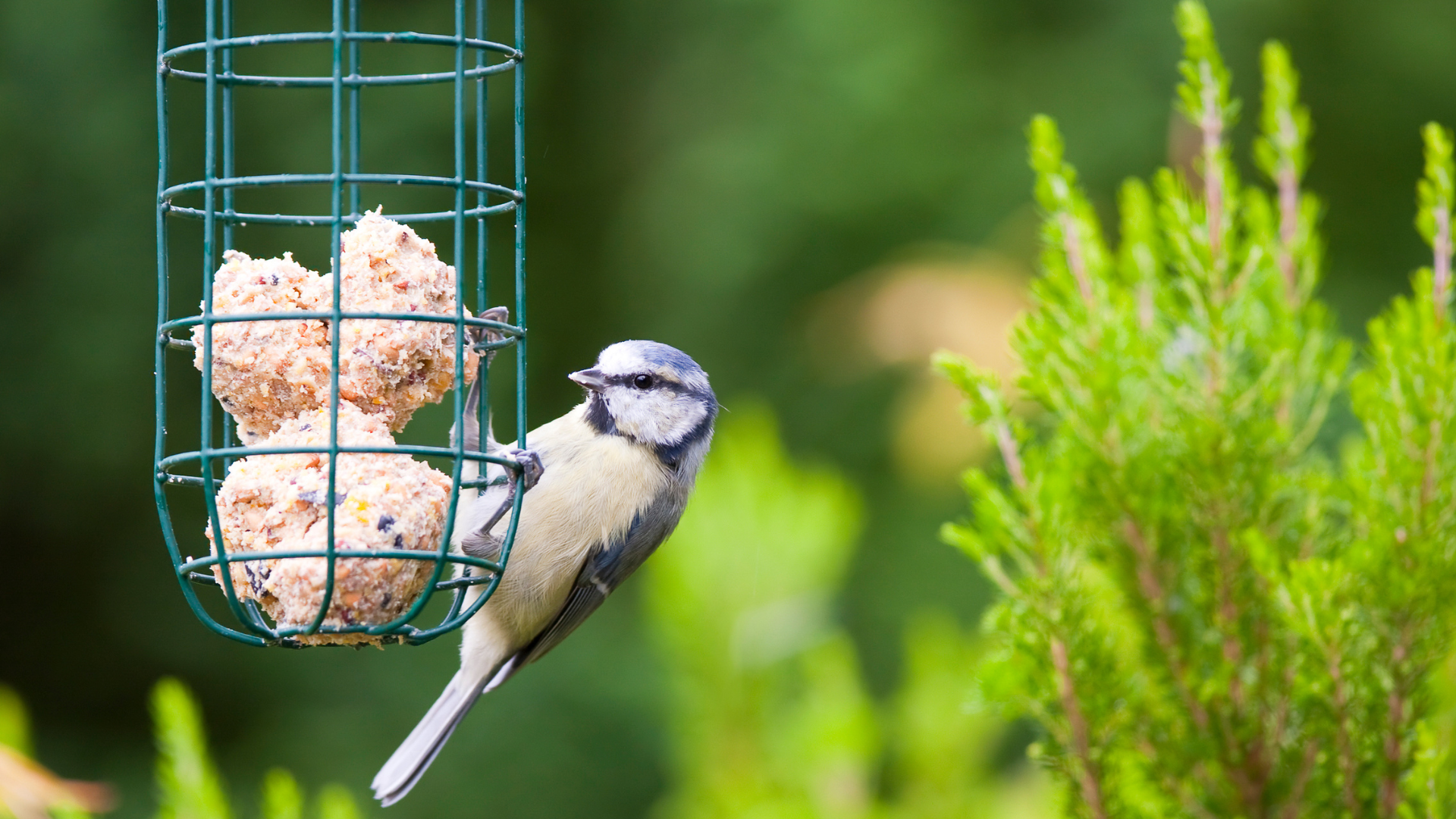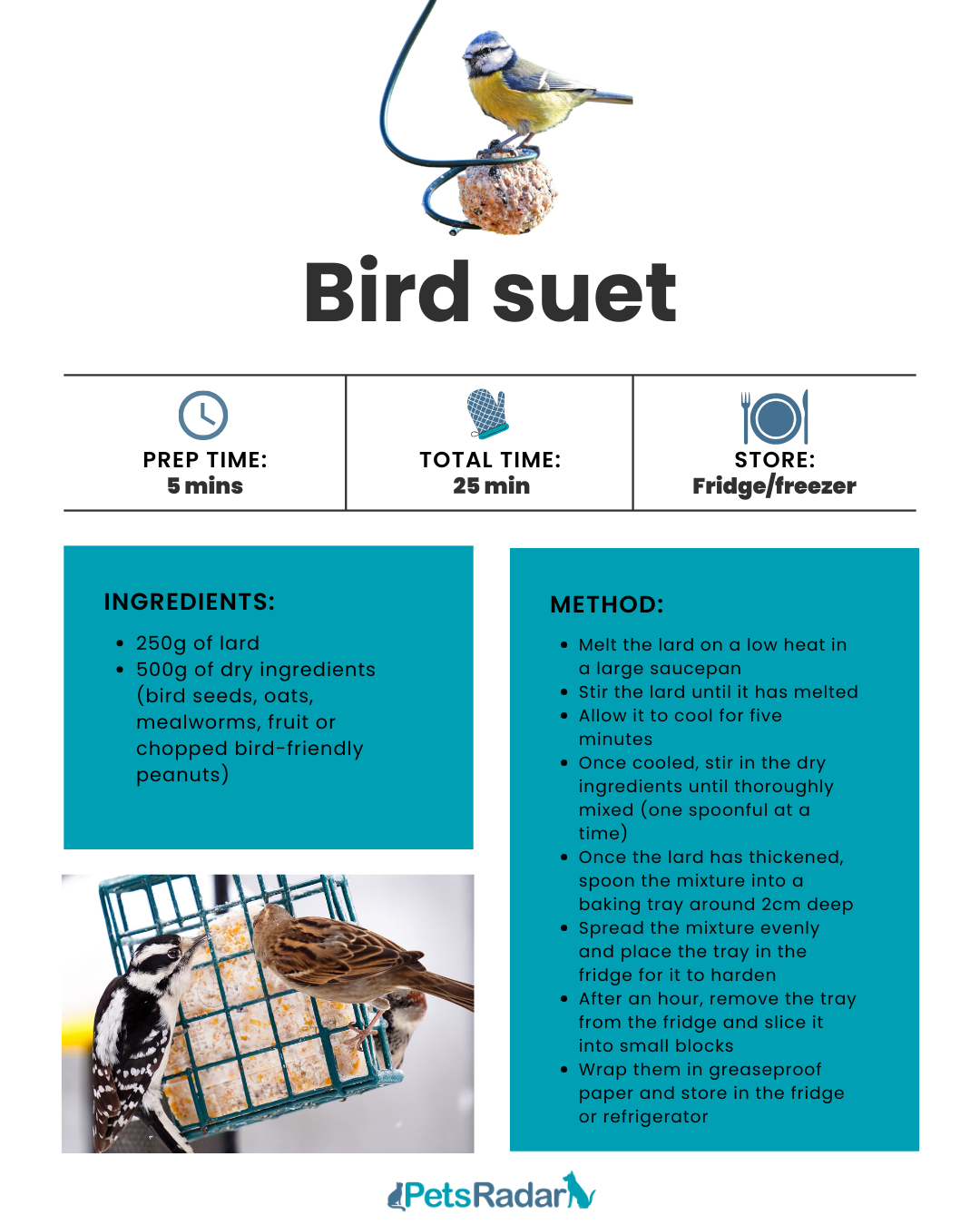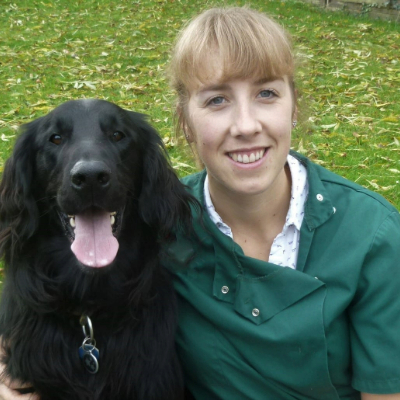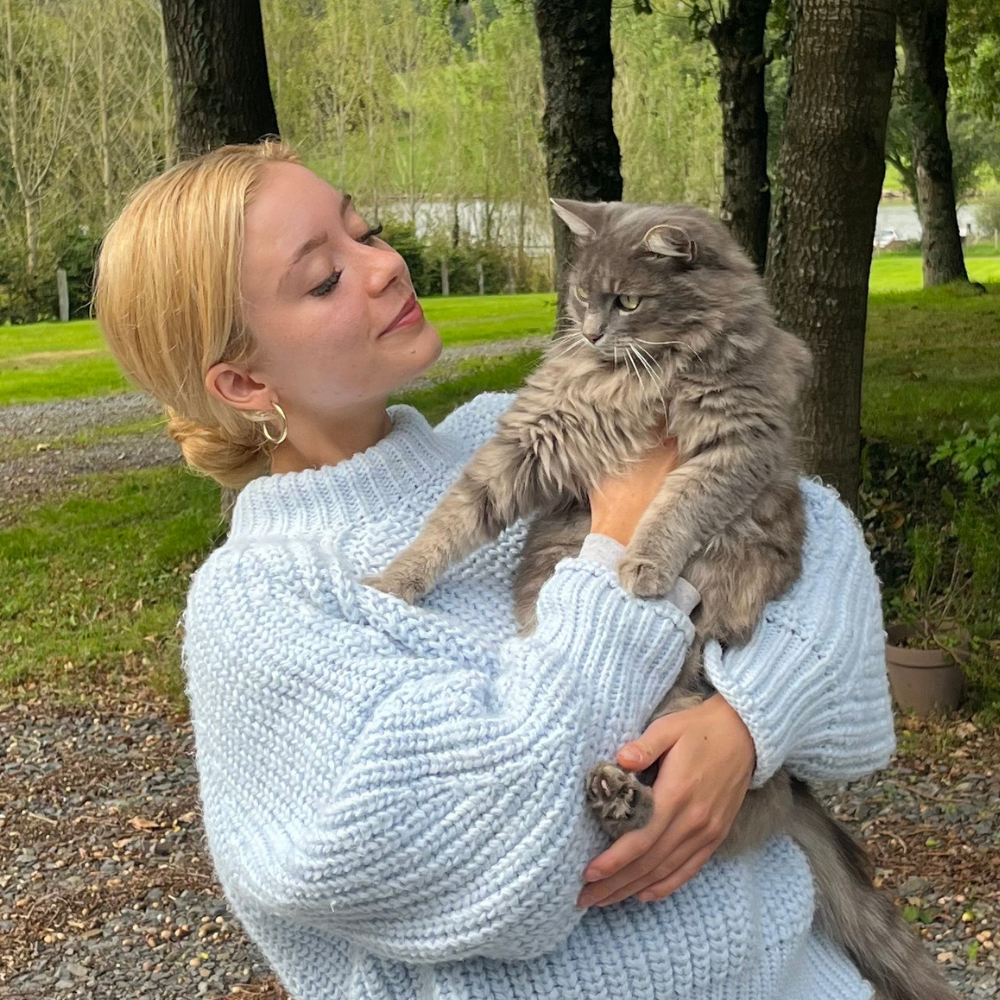How to make bird suet in 8 simple steps
Here's how to make bird suet at home, according to an expert.

If you want to learn how to make bird suet, then you've come to the right place. With the help of an expert vet, we've created an easy recipe for you to follow at home. The best part? You'll only need 25 minutes, two ingredients and it will cost you under $10 to make.
This is a great way to attract more flying friends into your garden and you can customize the recipe to attract particular birds. If you like chickadees and robins, try white millet; for finches, use flaxseed; or for morning doves, safflower seeds work well. Alternatively, you could put out some of the best bird food if you don't have time.
Bird suet is high in calories, fats, and nutrients, and is a great source of energy. This is particularly important for birds during the winter when food sources are low and weather conditions are harsh and they might need an extra helping hand. You can find the ingredients in your grocery store and it's pretty inexpensive to make.
Before you get started, you'll need one of the best bird feeders or best squirrel proof bird feeders to put the suet in - otherwise, it could get stuck in their feathers. To learn how to make it, what the benefits are, and whether there's a vegetarian alternative, keep on reading. Vet Rebecca MacMillan has shared her brilliant recipe below:
How to make bird suet: ingredients
To make bird suet, you will need:
- 250g of lard
- 500g of dry ingredients (bird seeds, oats, mealworms, fruit or chopped bird-friendly peanuts)
How to make bird suet blocks: method
- Melt the lard on a low heat in a large saucepan
- Stir the lard until it has melted
- Allow it to cool for five minutes
- Once cooled, stir in the dry ingredients until thoroughly mixed (one spoonful at a time)
- Once the lard has thickened, spoon the mixture into a baking tray around 2cm deep
- Spread the mixture evenly and place the tray in the fridge for it to harden
- After an hour, remove the tray from the fridge and slice it into small blocks
- Wrap them in greaseproof paper and store in the fridge or refrigerator
How to make bird suet balls: method
- Melt the lard on a low heat in a large saucepan
- Stir the lard until it has melted
- Allow it to cool for five minutes
- Once cooled, stir in the dry ingredients until thoroughly mixed (one spoonful at a time)
- Once the lard has thickened, spoon the mixture into a baking tray around 2cm deep
- Spread the mixture evenly and place the tray in the fridge for up to 10 minutes
- Remove the mixture and then use your hands to roll and mold the suet into round balls
- Place these balls on a baking tray and return them to the refrigerator to harden
- Wrap them in greaseproof paper and store in the fridge or refrigerator
Recipe card

Is suet unhealthy for birds?
Is suet unhealthy for birds? No! In fact, Dr. MacMillan explains that it has lots of health benefits. Not only is it highly digestible, but it also provides birds with essential fats, proteins, vitamins, and minerals. It's also high in calories and is a concentrated energy source, making it a one of the best bird food choices for the winter months.
Get the best advice, tips and top tech for your beloved Pets
Dr. MacMillan says: "Suet is particularly useful to birds in the cold winter months when food is scarce and birds use a lot of energy just to keep warm. However, it can be offered in garden feeders all year round to help support other energy-consuming activities like breeding and molting. Just remember that your homemade suet may melt in high temperatures or when sat in direct sunlight."
We have a helpful guide on what not to feed wild birds.
Is vegetable suet good for birds?
As you'll see in the recipe above, suet is made using lard which is 100% animal fat. However, if you're looking for a vegetarian-friendly alternative, you can swap this for vegetable shortening instead. Since it's an energy-dense fat source, Dr. MacMillan says that it works well as a substitute and has other advantages too.
She explains: "This vegetable fat will be similar to handling lard, so it is a fine substitute. Vegetable suet is still an energy-dense fat source, plus it has the advantage that it has a more stable shelf-life and is less likely to go rancid if left uneaten in bird feeders for several days."
Found this helpful? You might also want to read: What to feed birds from your garden and what to feed a baby bird.

Rebecca is a vet surgeon who graduated in 2009 from the Royal Veterinary College in London. She has a wealth of experience in first opinion small animal practice, having done a mixture of day-to-day routine work, on-call emergency duties and managerial roles over the years. She enjoys medicine in particular and she is proud to have recently achieved a BSAVA postgraduate certificate in small animal medicine (with commendation). She writes on various feline and canine topics, including behavior, nutrition, and health. Outside of work and writing she enjoys walking her own dog, spending time with her young family and baking!

Megan is a Staff Writer at PetsRadar, covering features, reviews, deals, and buying guides. She has a wealth of experience caring for animals, having grown up with dogs, cats, horses, guinea pigs, and more throughout her life. She studied BA Journalism at the University of Westminster, where she specialized in lifestyle journalism and was editor of Smoke Radio’s lifestyle website. Megan works alongside qualified vets and accredited trainers to ensure you get the best advice possible. She is passionate about finding accurate and helpful answers to your pet-related questions.
